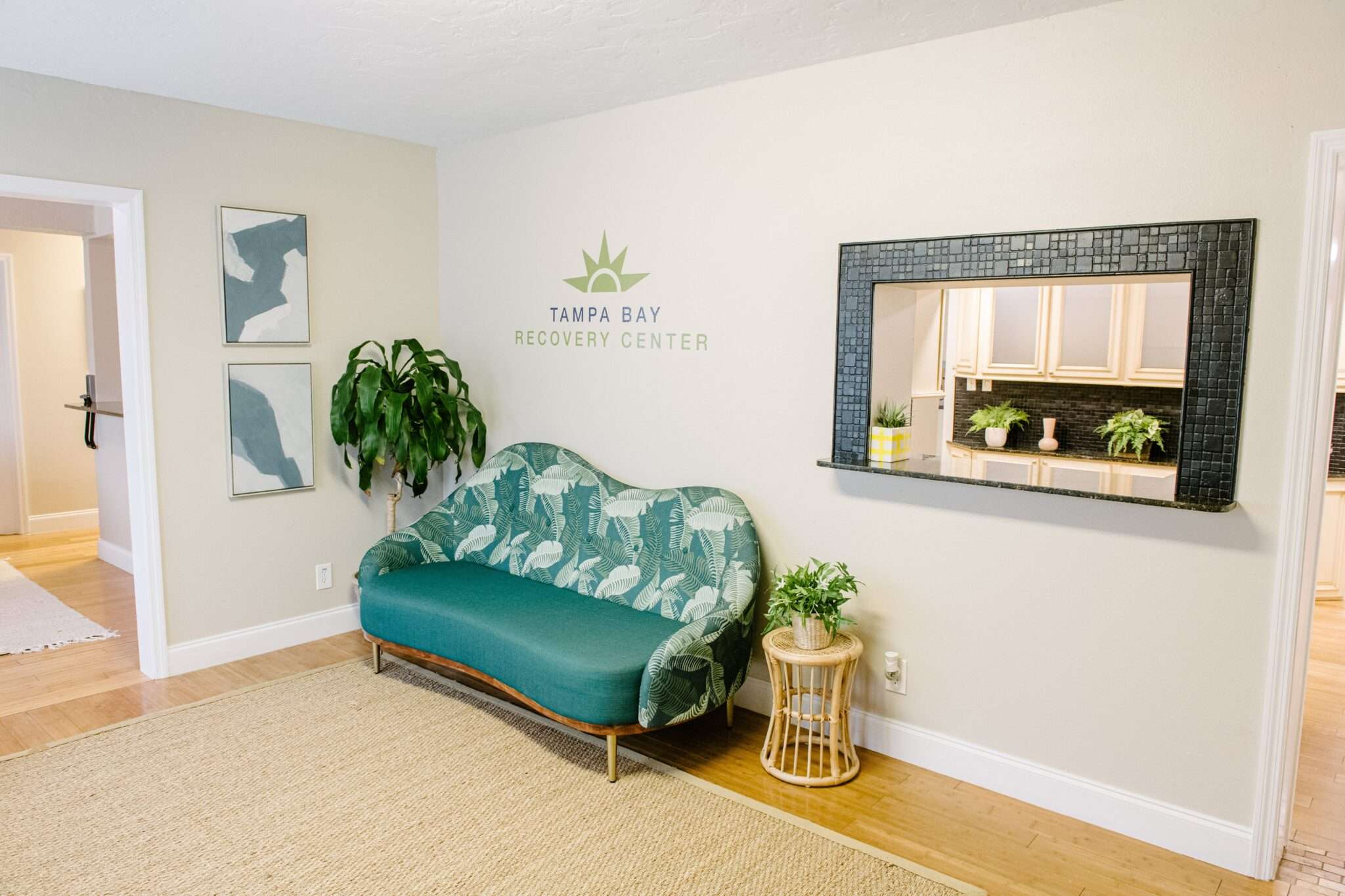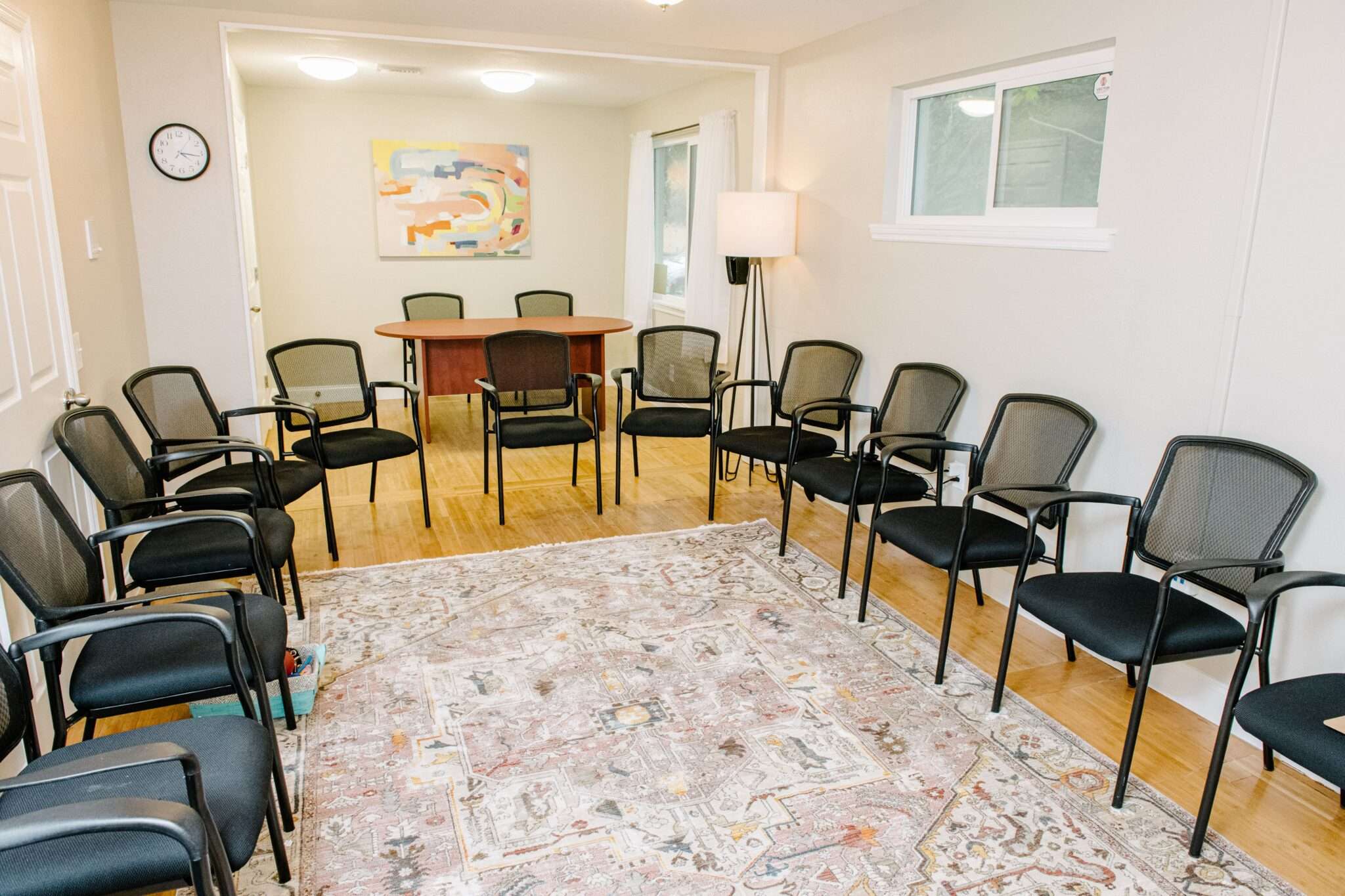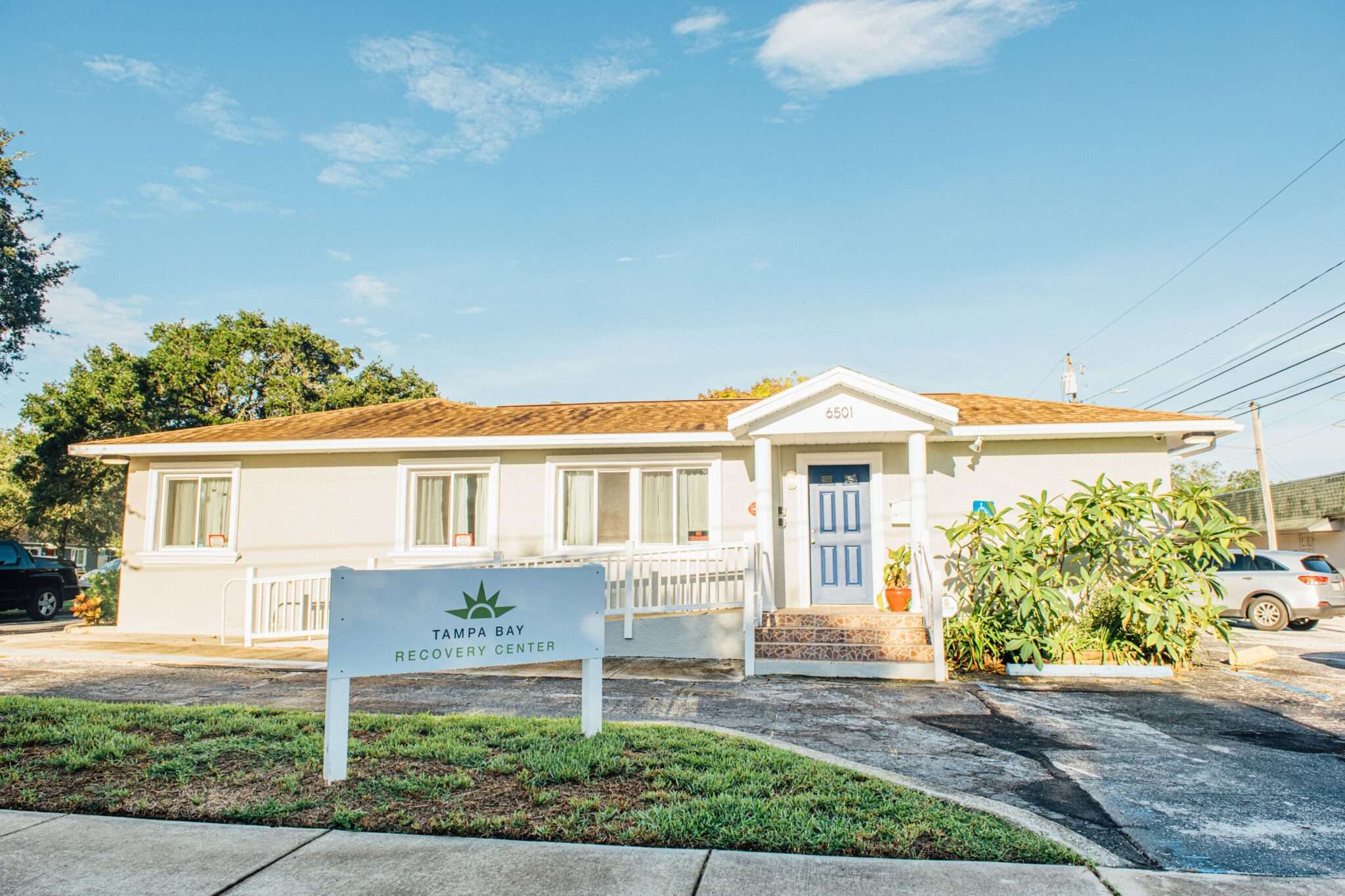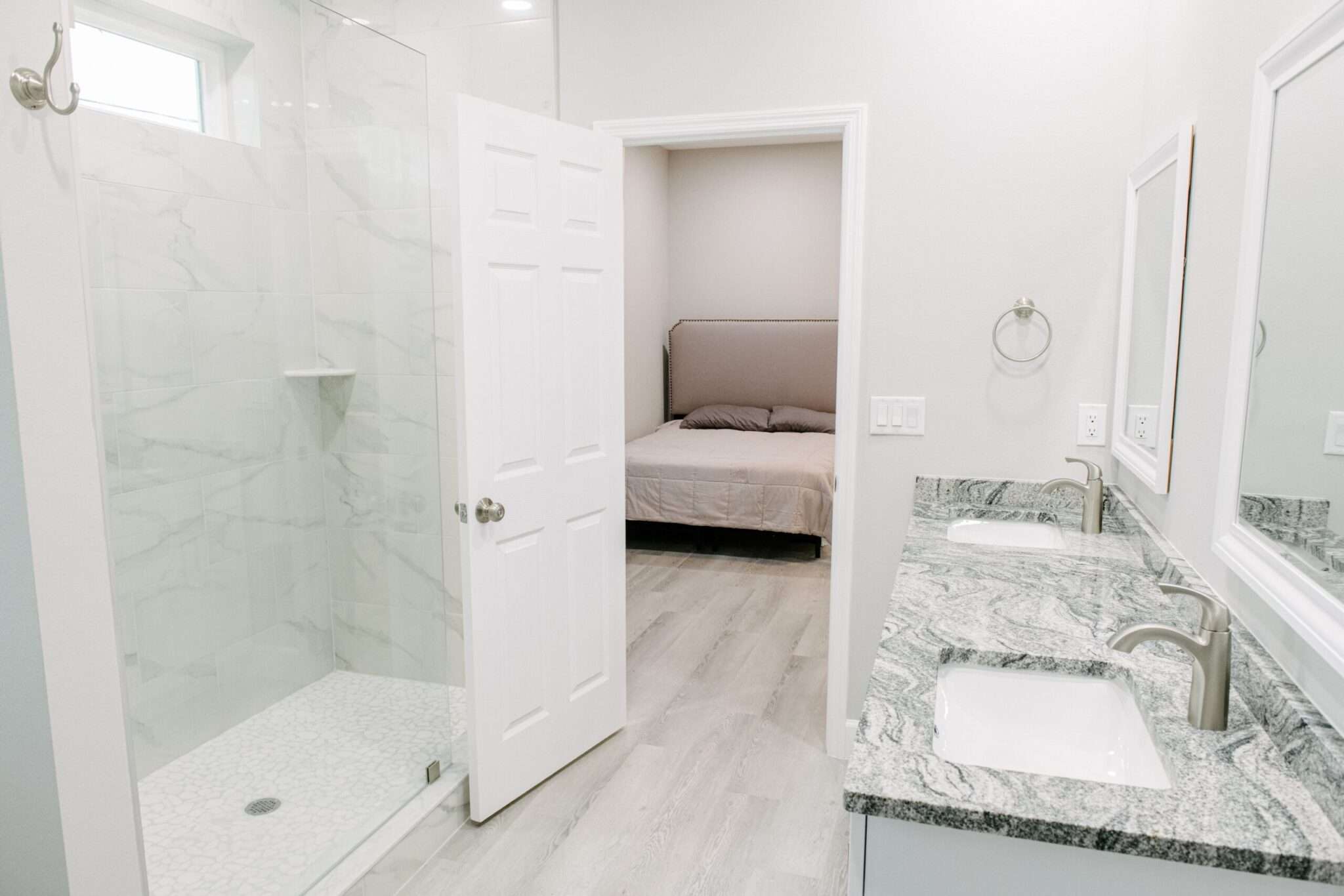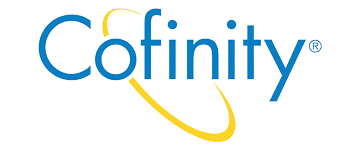Drug addiction is a chronic and progressive disease that, without proper treatment, can lead to severe consequences for physical and mental health. At Gulf Coast Recovery Center, our Tampa-based drug rehab program provides comprehensive care to help individuals overcome addiction and regain control of their lives.
If you or a loved one is struggling with drug addiction, call us today at 813-755-8864 or verify your insurance to begin your recovery journey.
How Does Our Drug Rehab in Tampa Work?
The process of drug rehab in Tampa typically involves three main stages:
- Clinical Assessment: Patients undergo a thorough evaluation to identify physical and mental health issues and assess their history of substance use.
- Medical Stabilization: During detox, which lasts two to five days, patients receive medical and psychological support to manage withdrawal symptoms safely.
- Preparation for Treatment: After detox, a personalized recovery plan is created to address the patient’s unique needs.
Drug Addictions We Treat
At Gulf Coast Recovery Center, we provide specialized treatment for a variety of drug addictions, including:
- Fentanyl: A highly potent and addictive substance with dangerous, often deadly, consequences.
- Xanax: Misuse of this benzodiazepine can lead to addiction. Treatment helps individuals achieve lasting sobriety.
- Heroin: Professional care supports recovery from the physical and psychological toll of heroin addiction.
- Kratom: Known for its stimulating and sedative effects, kratom can lead to addiction and harmful interactions.
Signs and Symptoms of Drug Addiction
The signs of drug addiction can vary based on the substance used and the individual. However, common indicators include:
- Decline in performance at work or school
- Poor hygiene
- Loss of interest in previously enjoyed activities
- Relationship problems
- Secretive behavior and social isolation
- Sleep disturbances
Physical Effects of Drug Addiction
Drug addiction alters brain chemistry, leading to intense cravings and compulsive behaviors. Negative physical consequences include:
- Tolerance: The body requires higher doses to achieve the same effects, increasing overdose risk.
- Withdrawal: Severe symptoms like nausea, sweating, and muscle pain occur when drug use stops.
- Organ Damage: Prolonged drug use can harm vital organs like the liver, heart, and kidneys.
- Infectious Diseases: Shared needles can lead to the spread of HIV and hepatitis.
- Mental Health Issues: Addiction often co-occurs with disorders like anxiety and depression.
- Physical Injuries: Impaired judgment increases the risk of accidents and injuries.
- Malnutrition: Neglecting proper nutrition leads to weight loss and other health issues.
Long-Term Effects of Addiction
The long-term impact of addiction extends beyond immediate physical and psychological effects:
- Neurological Changes: Altered brain structure affects memory, decision-making, and impulse control.
- Relationship Strain: Addiction often damages trust and relationships with family and friends.
- Legal and Financial Issues: Drug addiction can result in arrests, convictions, and financial difficulties.
- Persistent Mental Health Problems: Co-occurring disorders like depression and anxiety may linger even after recovery.
How We Treat Drug Addiction
Our Tampa-based drug rehab program offers a range of evidence-based and holistic treatments to address the root causes of addiction:
Levels of Care:
- Partial Hospitalization Program (PHP): Intensive day treatment for managing withdrawal and learning recovery strategies.
- Intensive Outpatient Program (IOP): Flexible care for individuals balancing treatment with daily responsibilities.
- Sober Living: Supportive housing environments that provide a safe space to focus on recovery.
Specialized Therapies:
- Psychiatry and Medication Management: To address both addiction and any co-occurring mental health disorders.
- Group Therapy: Provides peer support and shared coping strategies.
- Holistic Therapy: Incorporates mindfulness, yoga, and other practices to promote overall well-being.
What to Expect During Drug Rehab in Tampa
At Gulf Coast Recovery Center, each client receives an individualized treatment plan tailored to their unique needs. Our comprehensive approach includes:
- Clinical assessments to identify co-occurring mental health disorders
- Access to psychiatric care and medication management
- Participation in PHP, IOP, or sober living programs as appropriate
How Long Does Treatment Last?
Recovery from drug addiction is an ongoing process that varies for each individual. Most programs are structured to last 30, 60, or 90 days, depending on the patient’s needs.
Treatment begins with detoxification, followed by structured rehab programs designed to help individuals build a strong foundation for lasting recovery. Our qualified medical professionals provide support throughout each phase of treatment, ensuring the best possible outcomes.
If you’re ready to overcome addiction and rebuild your life, call us at 813-755-8864 or verify your insurance today. Gulf Coast Recovery Center is here to guide you every step of the way.


